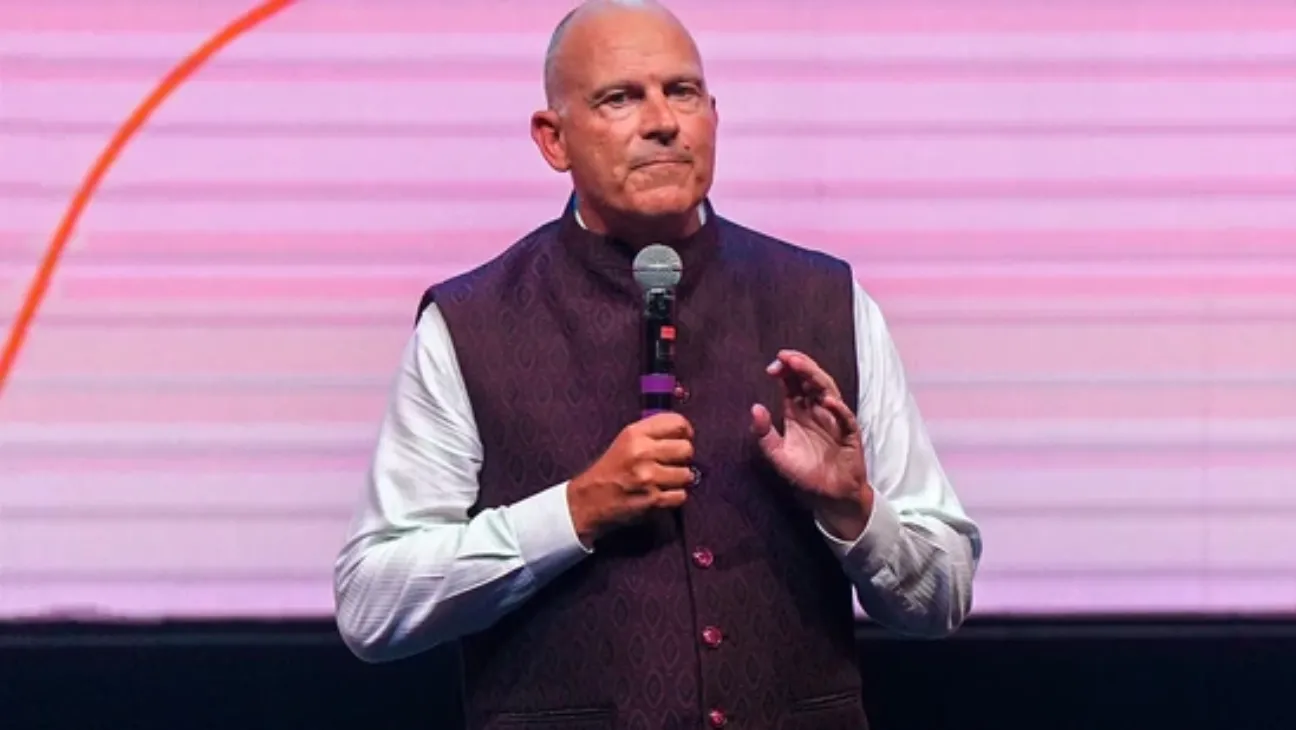Air India has taken a series of safety and operational measures in the weeks following the June 12 crash that killed 260 people, said CEO Campbell Wilson on Friday.
Addressing employees in an internal communication, Wilson acknowledged the heightened attention the airline has faced. He called the scrutiny “natural” in the aftermath of such an incident.
“All commentary must be taken constructively with grace and an open mind,” he said.
The Tata Group-owned airline has faced mounting scrutiny following a fatal crash involving a Boeing 787-8 en route to London Gatwick. The aircraft went down shortly after departing from Ahmedabad. In response, the carrier launched a fleet-wide inspection and temporarily scaled back flights under what it terms a “Safety Pause.”
Wilson noted that inspections of the Boeing 787 and 737 fleets have been completed, with no critical issues found. “Reliability enhancement work, using the additional ground time made available by the Pause, continues,” he said.
Flight operations are being partially restored from August 1, with a full return to normal schedules expected by October.
Beyond technical checks, Wilson pointed to broader reforms across Air India. He said the airline has updated its Standard Operating Procedures, invested in training, and introduced systems to encourage reporting of safety and operational concerns.
“We have focused on improving reporting… by making it easier to do, more encouraged, more protected and put to more use,” Wilson said. He referenced the adoption of safety principles from Baines-Simmons, a UK-based aviation consultancy, as part of a shift toward organizational learning rather than blame.
Recent weeks have seen several smaller incidents involving Air India aircraft. In some cases, the airline voluntarily disclosed these to regulators. Some of the reports caught the DGCA’s attention, prompting the agency to issue show cause notices.
Wilson suggested that not every issue is as serious as headlines may suggest. “Sometimes the extra attention means that normal issues get misinterpreted or sensationalised,” he said. But he also acknowledged that outside scrutiny can reveal areas needing attention.
“We must take all commentary constructively… and where there is an opportunity to act, must do so,” he added.
Wilson also highlighted a more positive development: customer satisfaction scores have reached a record high. The airline’s passenger satisfaction rating, measured by its Net Promoter Score, rose to 34 in July.
That’s a significant jump from past performance. “FY23’s NPS was -17, FY24 was -3, and last year was 16,” Wilson said. Over 100,000 passengers gave feedback in July alone.
For now, Air India continues its scaled-back operations while preparing to ramp up again. As investigations continue and public focus remains sharp, the airline says it is committed to learning—and adapting—from both internal assessments and external criticism.









